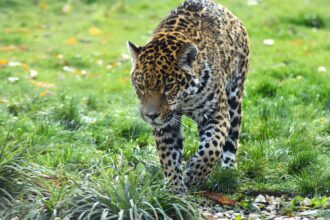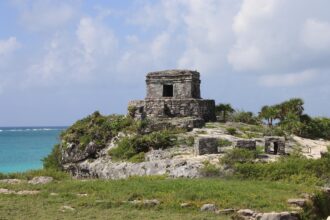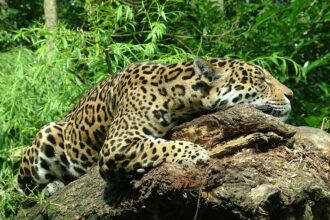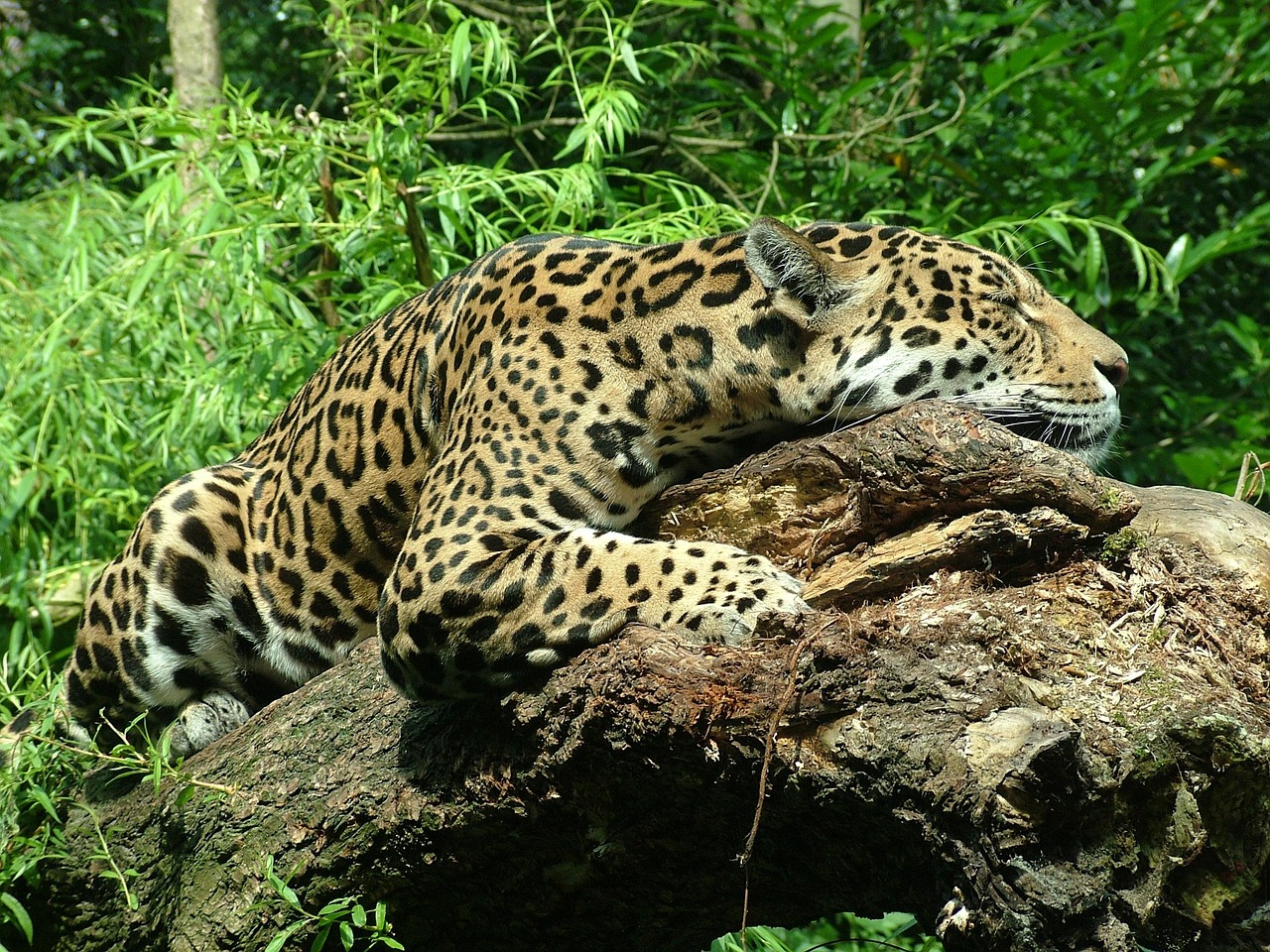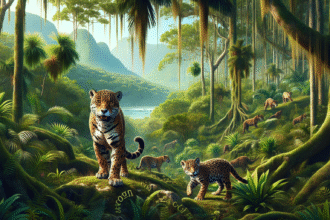Eco Tours in Tulum: A Hands-On Approach to Jaguar Protection
Understanding Tulum’s Biodiversity
Tulum, located on Mexico’s Caribbean coast, is not only famous for its stunning beaches and ancient Mayan ruins but also for its rich biodiversity. This region is part of the Mesoamerican Biodiversity Hotspot, which is home to numerous species, including the elusive jaguar (Panthera onca). Tulum’s lush jungles and protected reserves create a vital habitat for these majestic creatures, making eco tours an essential vehicle for conservation efforts.
The Environmental Importance of Jaguars
Jaguars play a critical role in their ecosystem. As apex predators, they help maintain the balance of species populations, contributing to the overall health of the environment. However, habitat loss due to urbanization, agriculture, and poaching has led to a rapid decline in their numbers. This makes jaguar protection not just a local concern but a global responsibility.
Eco Tours as a Conservation Strategy
Eco tours in Tulum focus on sustainable tourism practices that can help protect wildlife and their habitats. These tours often engage guests in active learning about local biodiversity and conservation efforts. By fostering a greater understanding of the ecological importance of jaguars, eco tours effectively turn tourists into advocates for animal protection.
Hands-On Experiences With Jaguars
Many eco tour companies in Tulum offer hands-on experiences that directly contribute to jaguar conservation. These activities range from guided jungle hikes to workshops on wildlife tracking. Participating in these initiatives allows visitors to gain a deeper appreciation for the natural world while supporting crucial conservation efforts.
-
Wildlife Tracking Workshops
In these workshops, participants learn how to identify animal tracks and signs, particularly those of jaguars. Understanding their movement patterns helps conservationists monitor populations more effectively and implement methods to mitigate human-wildlife conflict. -
Camera Trap Expeditions
Eco tourists can engage with local conservation initiatives by assisting in setting up camera traps. These devices capture images of wildlife, enabling researchers to gather data on jaguar populations and their habits. Tourists enjoy the thrill of seeing wildlife up close while contributing to real scientific research. - Habitat Restoration Projects
Hands-on involvement in habitat restoration, such as reforestation and removing invasive species, is an integral part of some eco tours. By participating in these projects, visitors actively contribute to enhancing the natural environment that supports jaguars and numerous other species.
Collaborations with Local Communities
Successful eco tours in Tulum often partner with local communities, emphasizing the importance of integrating indigenous knowledge into conservation efforts. Many indigenous groups possess a profound understanding of the land and its creatures, and these partnerships enhance the effectiveness of conservation initiatives.
-
Cultural Exchange Programs
These programs offer tourists an immersive experience, highlighting the connection between jaguars, the local environment, and indigenous cultures. Guests learn about the significance of jaguars in local mythology and how traditional practices can coexist with modern conservation strategies. - Community-Led Eco Tourism
By involving locals in eco tourism, these ventures create economic opportunities that reduce reliance on activities harmful to jaguar populations. Thriving eco tours promote sustainable living and provide funding for conservation projects, enabling communities to become stewards of their natural resources.
Ethical Wildlife Viewing Practices
To ensure that jaguar observation does not disturb these majestic animals, eco tours promote ethical wildlife viewing practices. Tour guides are trained to respect the territories of these animals, ensuring a minimal impact on their natural behaviors.
-
Guided Tours with Certified Guides
Knowledgeable guides provide insights into the ecology of jaguars while ensuring safety for both tourists and wildlife. They educate visitors about the signs of stress in animals to discourage intrusive behavior during sightings. - Visitor Quotas
By limiting the number of tourists in sensitive areas, eco tours reduce stress on animal populations, particularly on jaguars that may be vulnerable to human intrusion. This sustainable approach preserves the natural experience for both wildlife and visitors alike.
Effective Communication of Conservation Goals
Eco tours frequently use innovative means to communicate the importance of conserving jaguar habitats. Engaging storytelling and digital platforms help raise awareness about conservation challenges, ensuring tourists leave with a proactive mindset aimed at protecting our planet.
-
Workshops on Biodiversity Conservation
Educational components integrated into the tours provide guests with information on the broader implications of jaguar conservation, including its impact on biodiversity and ecosystems. - Digital Engagement
Tour operators often engage participants through social media, encouraging them to share their experiences and contribute to conservation dialogues beyond the trip. This reach helps cultivate a global community rallying for jaguar protection.
The Role of Eco Tours in Future Conservation Efforts
Eco tours represent a profound shift towards sustainable tourism that emphasizes not just the beauty of nature but its preservation. By promoting a hands-on approach to jaguar protection, these tours inspire a new generation of eco-conscious travelers who can influence environmental policies and practices long after they return home.
-
Engaging Future Leaders
Children and young adults participating in eco tours gain early exposure to conservation efforts. This engagement fosters future environmental leaders who are passionate about biodiversity and wildlife protection. - Support for Long-Term Research
The funding generated by eco tours supports ongoing research on jaguar populations, habitat integrity, and effective conservation strategies, ensuring that progress continues well into the future.
Eco Tours: An Integral Part of Jaguar Conservation in Tulum
By participating in eco tours focused on jaguar protection, tourists can explore the beauty of Tulum while playing a vital role in conserving its wildlife. These experiences transcend simple tourism, transforming visitors into advocates who foster appreciation, understanding, and proactive efforts toward sustaining the delicate balance of nature.


